Policy Brief & Alerts

Bridging the data divide: Empowering Africa’s SMEs to leverage data for growth
Data has become the currency of progress and innovation. Yet, Africa finds itself at the crossroads of a data divide, restricting its economic growth and stifling its entrepreneurial spirit. This…
Download ↓ Read →
A Call to Action: Deepening States’ Contribution to Ending Gender-Based Violence (GBV) in Nigeria as a Panacea for Gender Inclusion
Ending Gender-based Violence (GBV) as highlighted within SDG 5, aims to achieve gender equality and inclusion. Specifically, SDG 5.2 seeks to eliminate all forms of violence against all women and…
Download ↓ Read →
Building trust, shaping the future:AI governance for Africa
This policy brief aims to outline the key considerations for developing artificial intelligence (AI) governance frameworks that promote transparency, accountability and confidence in AI systems across the African continent. AI…
Download ↓ Read →
Unlocking stronger institutions, policies and citizen participation in Africa for a more effective data driven public sector
This brief evaluates the current state of enabling institutions, policies, and citizen engagement, in fostering greater data value creation in the public sector. Based on our analysis of selected sub…
Download ↓ Read →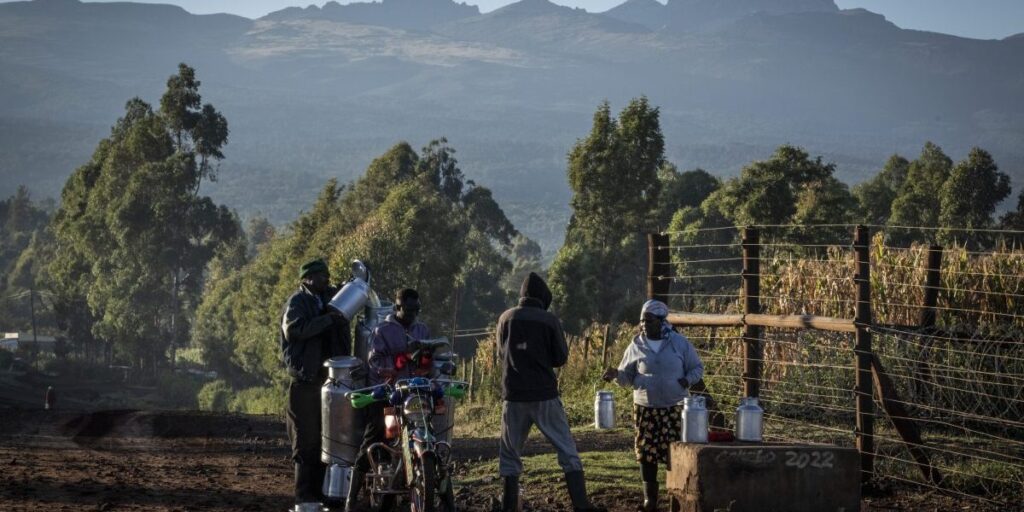
Implementing the AfCFTA Agreement: Implications for Biodiversity, Agriculture and Trade Negotiations
This policy insights examines the potential impact of the African Continental Free Trade Area, and its underlying agreement, on biodiversity, agriculture and food security in Africa. It highlights the significant…
Read →
Generative AI for Long-Term Advancement and Inclusive Transformation: Empowering Africa’s Future
This policy insight highlights the impact of generative Artificial Intelligence (AI) on various sectors of the African economy and identifies some of the factors limiting the responsible adoption and growth…
Download ↓ Read →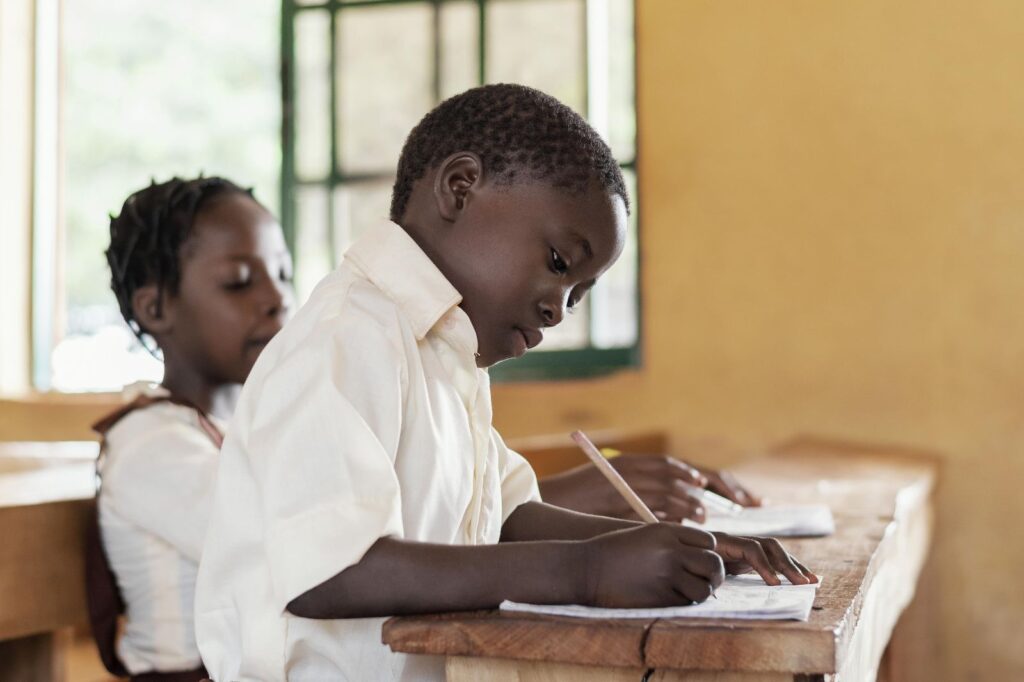
Investing in Education for National Development: Policy Priorities for Nigeria’s New Administration
The progress and advancement of any given nation is significantly dependent on its human capital, which is cultivated through the provision of high-quality basic education. This is established in the…
Download ↓ Read →
The Nigeria Tobacco Policy Landscape: The Role of States in Tobacco Control
Tobacco control policy refers to the efforts made to reduce the impact of tobacco use on public health. This can include measures such as increasing taxes on tobacco products, implementing…
Download ↓ Read →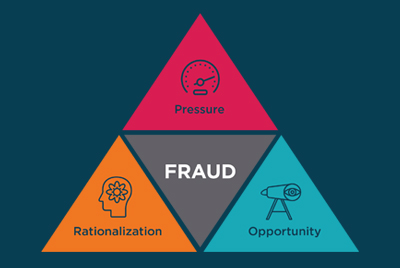
The “Fraud Triangle”: A Cornerstone for Establishing a National Framework to Combat Corruption in Nigeria
A nation cannot develop in the face of endemic corruption. The fight against corruption cannot be won unless the rationale (how and why) for the act of corruption is understood…
Download ↓ Read →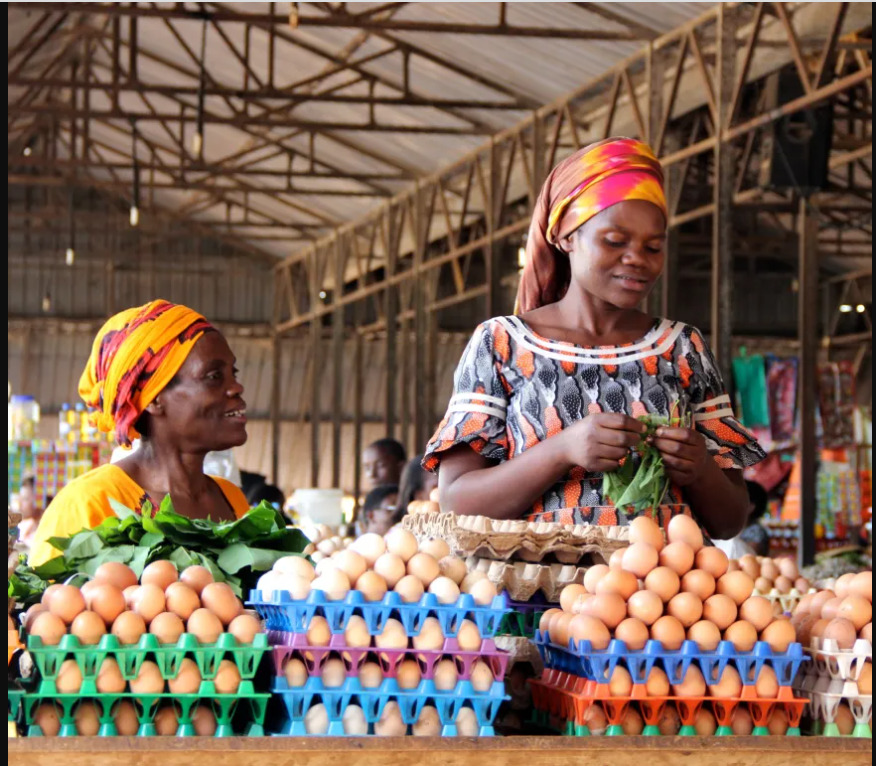
Women’s Participation in MSME in Nigeria: Prospects, Challenges, and Policy Recommendations
In Nigeria, women’s labour participation has begun to pick up in recent years after many years of stagnation. However, women’s entry point into labour has been mainly through the informal…
Download ↓ Read →
Nigeria’s post-COVID-19 Macroeconomic Policies: Are They Climate Change Friendly?
The COVID-19 pandemic has given rise to arguably the most challenging global health crisis in modern times. Its impact has been felt by most sectors of the global economy, resulting…
Read →
The role of digitalisation in inclusive governance: A case study of sub-Saharan Africa
This study discusses the transformative impact of technology on society and on understanding how technological innovation in the public sector is driving citizens’ participation in governance.The study also examines the…
Read →
Fostering Collaboration among Young Think Tankers in the Global South
As we approach the midpoint of the timeline to achieve the Sustainable Development Goals (SDGs), it is more important than ever to prioritise the contributions of the Global South’s fast-growing…
Read →
Nigeria: The Resource Conundrum
This paper examines in great detail the impact of the Russia-Ukraine war on the Nigerian economy for the purpose of informing experts and non-experts alongside providing recommendations to the government.…
Read →
Socioeconomic costs of tobacco use and caregivers burden: implications for comprehensive tobacco control
Tobacco use kills primary and secondary smokers. While 7 million primary smokers die annually from tobacco use, more than 1.2 million non-smokers also die annually from being exposed to second-hand…
Download ↓ Read →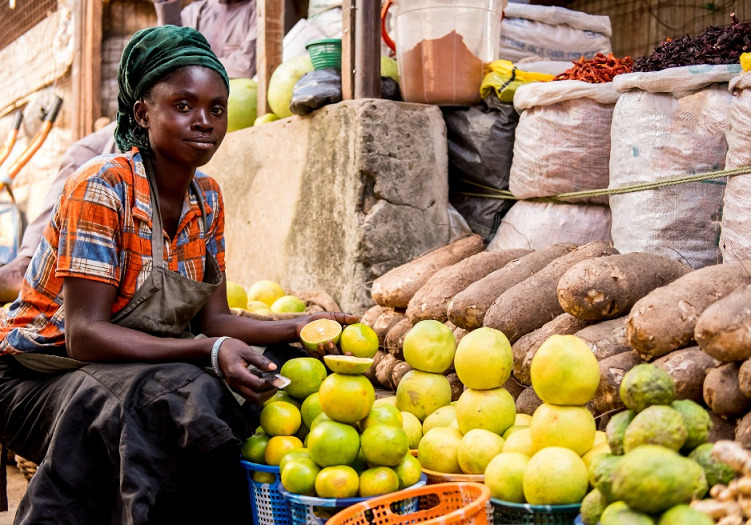
Agricultural Development Financing and Food Inflation in Nigeria: What the Government may need to do differently
Over the years, the Nigerian government has deployed development financing initiatives to boost food production through increased access to finance for farmers and other small businesses in the sector. While…
Download ↓ Read →